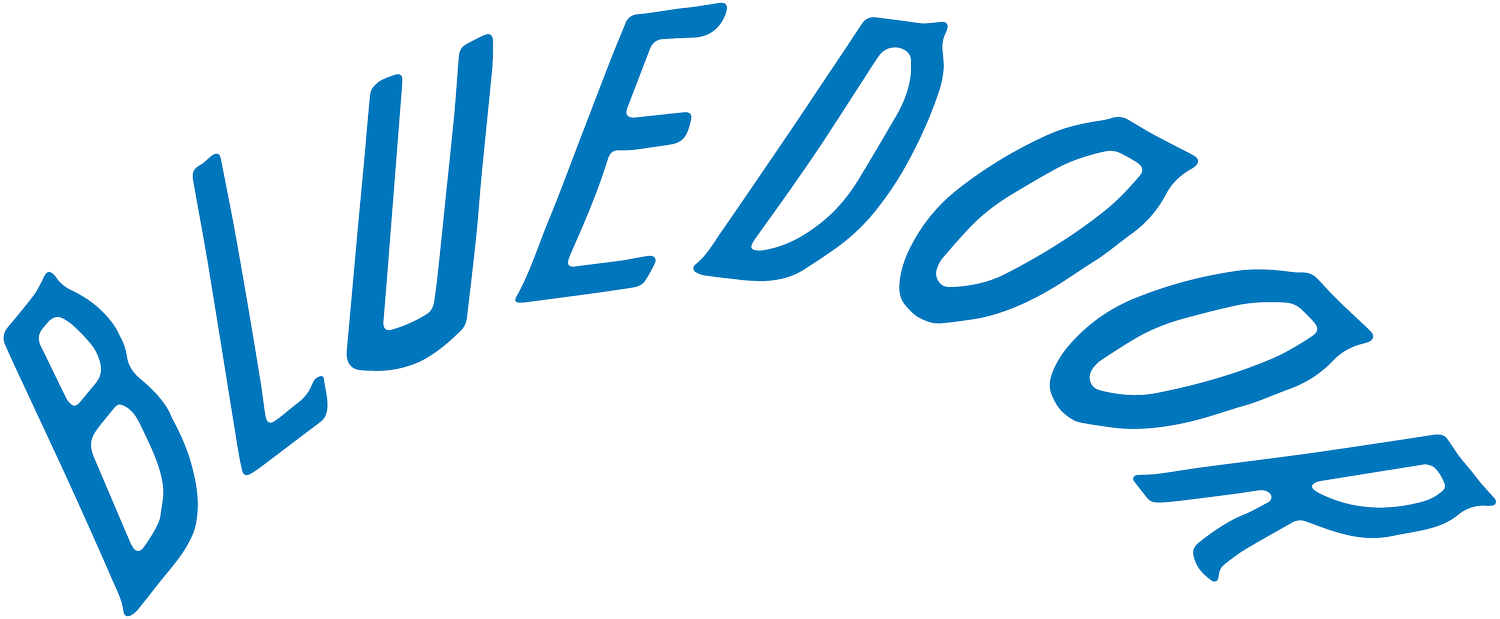Lysine: Indications & Usage
Lysine, or L-lysine, is an essential amino acid, meaning it is necessary for human health, but the body cannot make it.
Amino acids like lysine are the building blocks of protein.
Lysine is important for proper growth, and it plays an essential role in the production of carnitine, a nutrient responsible for converting fatty acids into energy and helping lower cholesterol.
Lysine appears to help the body absorb calcium, and it plays an important role in the formation of collagen, a substance important for bones and connective tissues including skin, tendons, and cartilage.
If you do not have enough lysine, you may experien
Fatigue
Nausea
Dizziness
Loss of appetite
Agitation
Bloodshot eyes
Slow growth
Anemia
Reproductive disorders
Herpes simplex virus (HSV): Some studies suggest that taking lysine on a regular basis may help prevent outbreaks of cold sores and genital herpes. Others show no improvement. Lysine has antiviral effects by blocking the activity of arginine, which promotes HSV replication. One review found that oral lysine is more effective atpreventing an HSV outbreak than it is at reducing the severity and duration of an outbreak. One study found that taking lysine at the beginning of a herpes outbreak did not reduce symptoms. Most experts believe that lysine does not improve the healing of cold sores. But supplementation may reduce recurrences or improve symptoms.
Osteoporosis: Lysine helps the body absorb calcium and reduces the amount of calcium that is lost in urine. Since calcium is crucial for bone health, some researchers think lysine may help prevent bone loss associated with osteoporosis. Lab studies suggest that lysine in combination with L-arginine (another amino acid) makes bone-building cells more active and enhances production of collagen. But no studies have examined whether lysine helps prevent osteoporosis in humans.
Athletic performance: Athletes sometimes use lysine as a protein supplement. Some studies suggest lysine helps muscle tissue recover after stress.
Dietary Sources: Good sources of lysine include foods that are rich in protein, such as:
Meat, specifically red meat, pork, and poultry
Cheese, particularly parmesan
Certain fish, such as cod and sardines
Eggs
Soybeans, particularly tofu, isolated soy protein, and defatted soybean flour
Spirulina
Fenugreek seed
Brewer's yeast, beans and other legumes, and dairy products also contain lysine.
